While some business lenders penalize borrowers for repaying their loans early, hoping to regain some of the money they would have made in interest over the lifetime of the loan, National Funding offers early payoff discounts, which can help business owners save even more on the cost of their loan.
That means if you’re expecting a large influx of cash that may make it possible to pay off your loan early, you can save money with National Funding. Exact information on what prepayment discounts you’re eligible for will be available after applying, before you accept the loan and its terms.
National Funding’s business loans go as high as $500,000. With a quick application process, you could receive your funds in as soon as 24 hours after approval. However, loan payments are required daily or weekly, which could put a strain on your business budget. Also, the factor rate can make it hard to compare against other business loan offers.
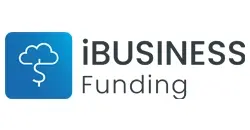
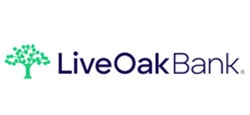



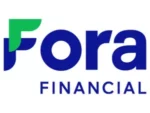

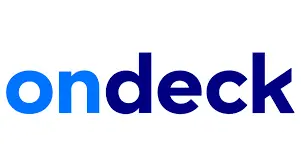








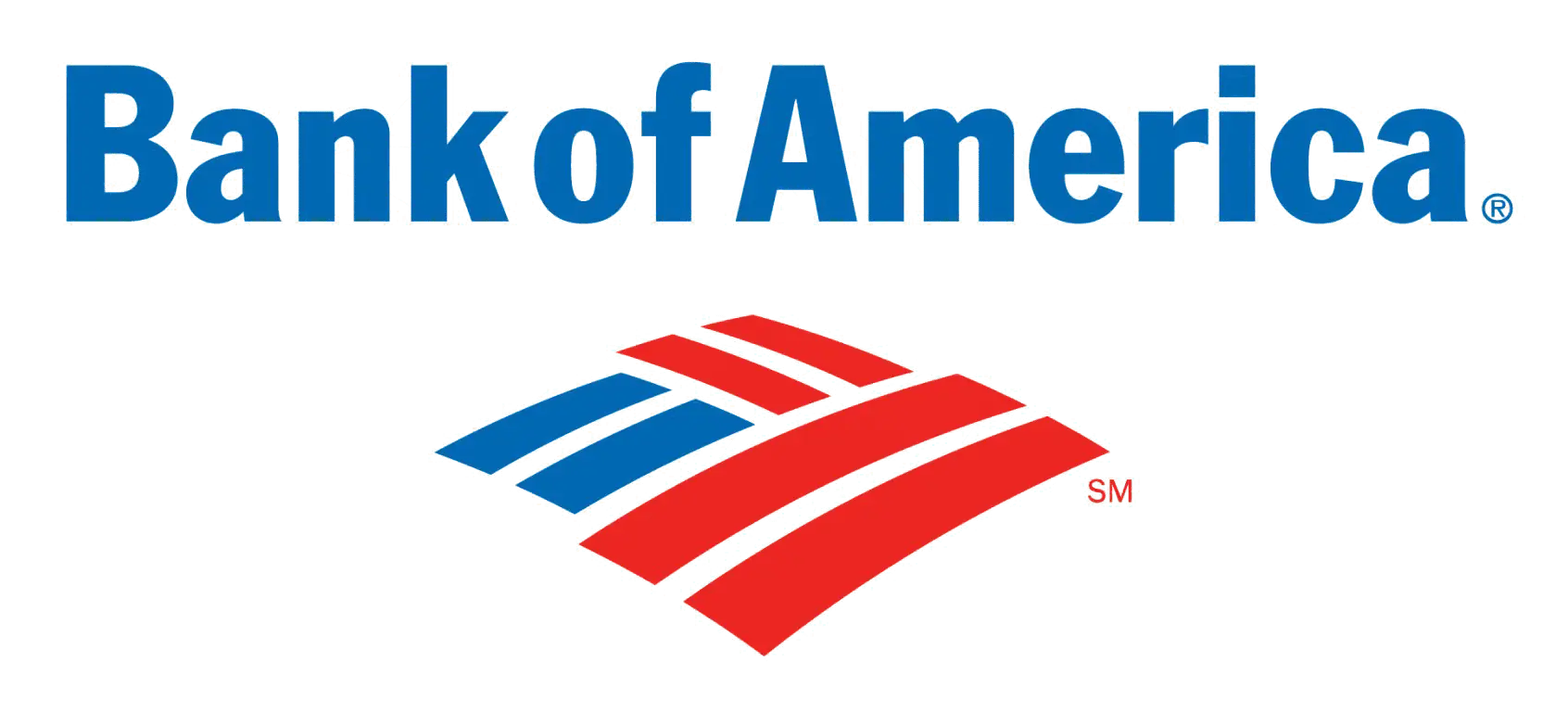

 Before closing your loan
Before closing your loan